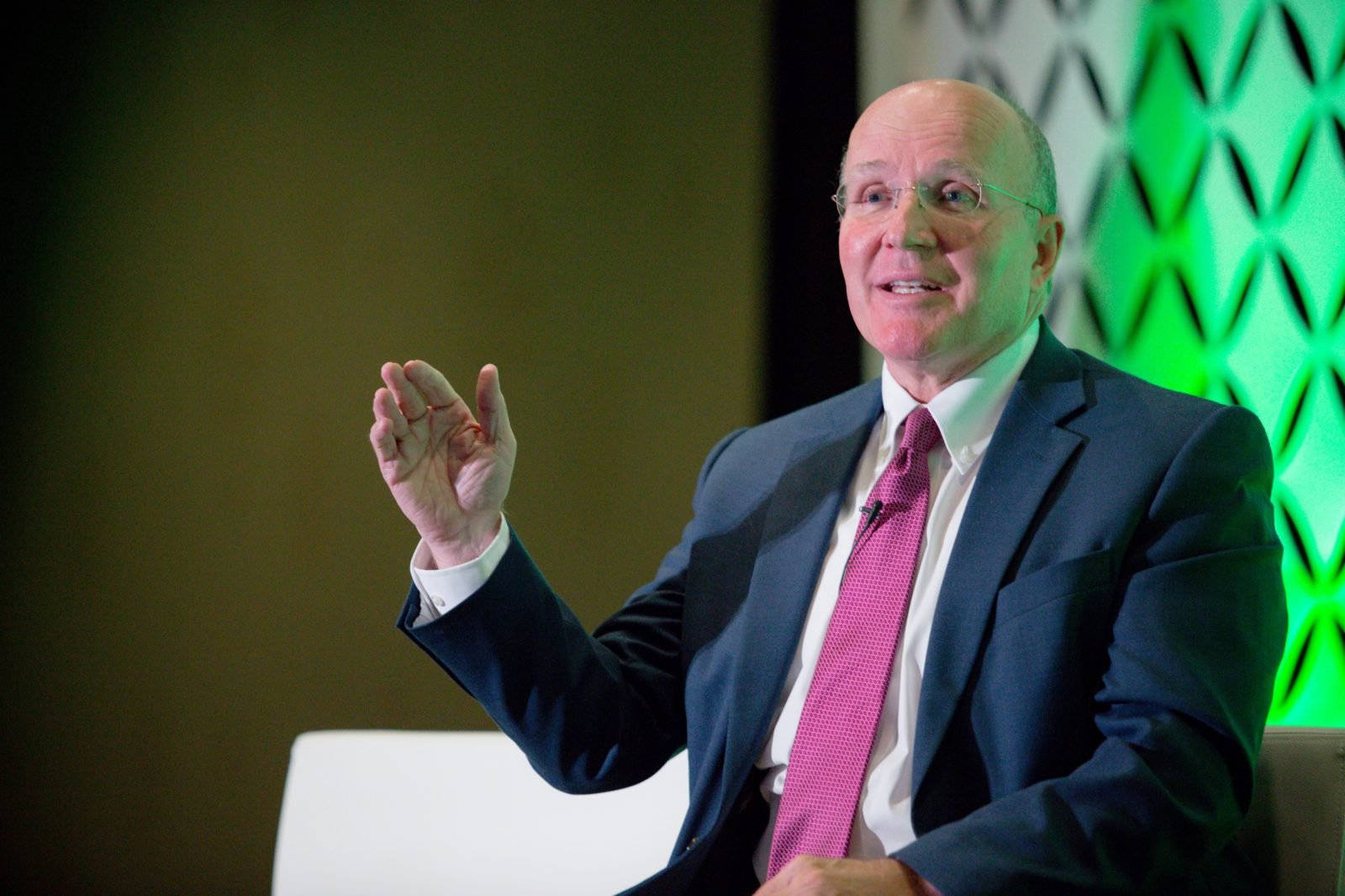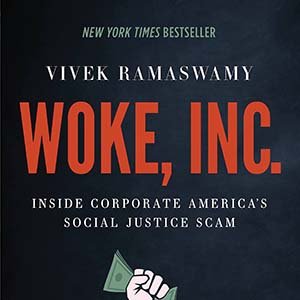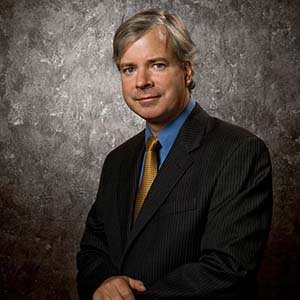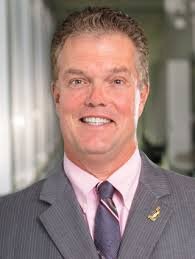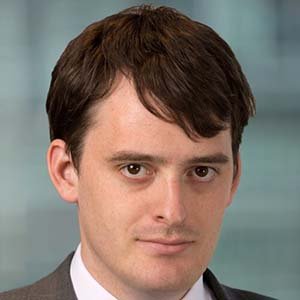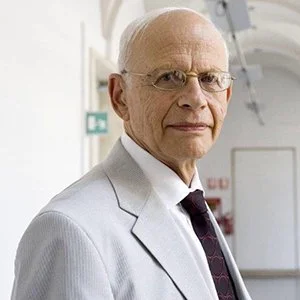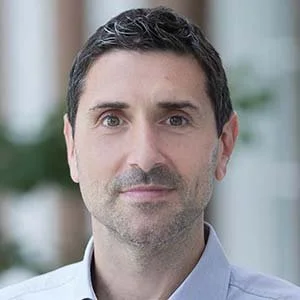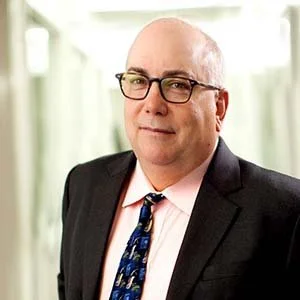Ed and Ron were honored to welcome back Dan Morris, CPA, to the show. He's a master at the value conversation, and implemented Value Pricing back in his firm in 1996. He specializes in cryptocurrencies, wealth management, asset protection, multinational tax structures, tax optimization and much more. An excellent conversationalist, you don't want to miss this episode with one of the most innovative CPAs we know.
Before we get to the show notes, let’s learn a bit more about Daniel Morris
Dan began his professional accounting career in 1984 Ernst & Young in Silicon Valley, California. Today, he’s the Managing Director, Morris + D'Angelo, Senior Consultant with Strategic Global Advisors International Limited; Founder, VeraSage Institute. His Mission: “To be the Ultimate Dragon Slayer.” He is a sought after global expert in multi-national business structuring, tax optimization, and asset protection. As a frequent speaker at conferences, leadership development events, and seminars, and a consultant to professional knowledge firms on Ethics, Implementing Global Business Strategies, Asset Protection, Emerging Technologies, Total Quality Service, Cryptocurrencies, Blockchain, and Value Pricing, his work takes him around the world. He has been an educator with numerous professional associations since 1998 and has authored, developed, and presented fifty courses, seminars, and conferences on topics including asset protection, international tax strategies, emerging technologies, ethics, pricing, and customer economics. As the immediate past chair of the Regulatory Working Group for the Accountants Blockchain Coalition, Dan is actively engaged in all aspects of the blockchain and its associated parts. He has assisted over a dozen blockchain related enterprises including designing the global structure for DASH along with coordinating multiple ICO and/or pre-ICO engagements. Dan received his Bachelor of Science from the University of Oregon, and resides in Oregon.
Ron’s Questions: Segment One
Welcome to The Soul of Enterprise: Business in the Knowledge Economy, sponsored by Sage, transforming the way people think and work so that organizations can thrive. I'm Ron Baker, along with my good friend and VeraSage Institute colleague, Ed Kless. On today's show, folks, we have another VeraSage Institute colleague, and co-founder of the Institute, Daniel Morris. Hey, Ed, how's it going?
Ed
It's going great. I can't wait to talk to Dan again. This is number three, I believe. So he's two away from the gold jacket.
Ron
Although I couldn't find the second episode he was on because I think he did just a segment or two. But anyway, he's definitely been on at least once before. I'm not going to read his [full] biography, other than to say he did start his career at Ernst and Young in 1984, the same year I did. Today, He's Managing Director of Morris + D'Angelo, a co-founder of the VeraSage Institute. But get this, his mission is “To be the Ultimate Dragon Slayer.” How cool is that? It’s as good as your Knowledge Bad Ass. Daniel Morris, welcome back to The Soul of Enterprise.
So Dan, you have been experimenting in your firm, Morris + D'Angelo, with the subscription business model. And I only know this because I got to attend the board meeting at Pine Ridge winery. How's it been going?
That's awesome. What other challenges and opportunities—because they usually are the same thing, the same coin, just different sides—are you seeing out there for the profession, and which are you seeking? You mentioned one, cryptocurrency, obviously?
That's bright. Is that partly our fault, though, that we don't do a good enough job managing their expectations? Get their stuff in early, things like that?
You mentioned Daniel Susskind, and his book, The Future of the Professions, and we did talk to him [Episode #74]. And one of the themes in that book is artificial intelligence. Have you seen, yet, AI's impact on your operations?
Dan, I met you in 1996. So we’ve known each other for over 25 years. And when I met you, I was practicing. One of the things that has always blown me away about you is you have a very unique perspective on specialization. And I'm not talking about the generalist versus the specialist debate. We both know that's dead. But since I've known you, Dan, you've specialized in many different things. I think DISC and FISC might have been when I met you. And then you got into crypto, global business strategies, global tax structures, wealth planning, asset protection. You've specialized in at least a dozen things since I've known you, and there's probably more. What is your operational philosophy with regard to specialization?
Dan Morris
I don't know if I'm smart enough to have an operating philosophy with specialization, I think I think I'm just curious, right, I think I probably have under diagnosed, you know, add or something, right. And after I've, I've always believed that in a professional kind of has a three year attention span a year to dig in and learn the core basics, right? And then a year to, to, to improve upon those and essentially master them. And then a year to figure out how to get somebody else to do the job for you before you get bored, right? I mean, that's a key and I and I've said that I think you see me say that on stage. I think that about S corporations or corporate tax or individual tax, but I think about it on everything else. So in my world, I try to pay attention to what's new and exciting. And it's helpful. I'm in the Silicon Valley as a general rule. And I try to listen and go well, that's interesting. What can I learn about that, and then I then I dig in, and and I go there. That's how I started this, right? I mean, I started it because I didn't candidly want to do the same thing for 40 years, because that would be meant to say to me, so that would be brain death. And I don't want to do that. So my operating philosophy is to be continuously engaged, and learn how to learn new things, and fail a lot. Sometimes hit a home run. Right? So I try to beat I tried to beat a high baseball average. I mean, look, if the Mets could barely get 275 percentage points, you know, God forbid, you know, I don't at least get 300
Ron Baker
Be careful [mentioning the Mets with Ed here]. I love it because you're not looking at the data. You're not looking at demographic data. You may be listening to your customers and observing things, but you just seem to be intellectually curious and driven to certain topics. And I do love that philosophy of the second year you master it, but also you're monetizing it as well. And then the third year, you're looking for your successor. It's a great philosophy. Dan, we've only got two minutes. I know you do a lot of work in crypto, and I've got further questions for you on crypto with regard to regulation, but I'm going to ask you a bizarre question. Let's stress test Bitcoin for just a minute, a thought experiment. Let's say it becomes worthless. What's the impact on the global economy?
Fair enough. All right, well, we're up against our first break.
Ed’s Questions: Segment Two
On The Soul of Enterprise today with the ultimate dragon slayer, Dan Morris. Dan, what the hell does that mean? What is the ultimate dragon slayer?
So the question I have for you then is it's not a Don Quixote situation? It's not about being anti-reality. Do you take on people who say, “You know, Dan, I just need a tax return, it’s all I need”?
And the folks in your firm don't want to do that either, I assume.
And on that, you have gotten, I think, really good at drawing the box. And by that I mean the Tim Williams strategy box that says: you're more defined by who you say no to. And one of the things that you've done for years, and I know you're in the middle of updating this right now, is you've used an intake form that you've asked your customers, or even prospects to fill out before they come on board. Talk a little bit about how that process has affected your firm?
I just love that you've put up barriers to even getting to you. So few professional firms that I encounter are willing to put up some hurdles, it doesn't have to be big ones, but even little hurdles to say, “Hey, listen, before I talk to you, you've got to fill this little form out. It doesn't have to be 17 pages, but these seven questions before we even have the conversation.” So I think that's extraordinarily courageous. I wanted to pick up on something that you were talking about with Ron. I assume that after the intake form is done the next thing is the value conversation, and I refer to you in social media as the “savant of the value conversation.” I think you just have a natural affinity to do it. You mentioned that the value conversation has taken on a different meaning, or a different form, in the world of subscription pricing. Talk a little bit about that.
I've heard you say that you don't necessarily want your customers to [think of you or your firm] as the only ones they call, but you want to be the first one they call.
Well, Dan, we're against our next break.
Ron’s Questions: Segment Three
Welcome back, everybody. We're here with Dan Morris, the Ultimate Dragon Slayer, and he is a genius at the value conversation. That is so true. I've watched him in action. I've heard him in action. And I've role-played with him in various forums. You’ve got an unbelievable knack for getting the right questions come to the top of the mind. I have always admired that about you. Dan, you work in cryptocurrency a lot. We've been following it on the show for years, and it seems like there's a regulatory battle over it. The SEC thinks it's a security, the IRS wants it to be a commodity. You probably saw Gary Gensler, the new SEC Chairman, he said, “these tokens weren't means of exchange, but highly speculative stores of value.” And yet, Bitcoin and Ether don't fit that definition. I think of it simplistically. If I can put it in a Coke machine and get a Coke, then it’s currency. I can do that with a Bitcoin, metaphorically. I can't do that with a stock certificate. So I guess my question is, what are these things?
Right, our vocabulary is lacking. Anytime there's a new technology we struggle with the language. I think when television came out, it was called picture radio, because we just always relate it to the last technology. How do you navigate that minefield with your clients? Because you work internationally and I’ve got to believe there's different crypto regulations in various countries. How do you navigate that?
And the States get involved with it as well. Do you think we'll ever sort out this regulatory infighting?
Since I've known you, and because you're in Silicon Valley, you deal with a lot of startups, obviously. You've been willing to take options, or other forms of creative payment besides cash. Do you still do that?
You take a portfolio approach, and that's one of the ways I learned that concept, by having a few of those in your portfolio, if one strikes it pays off big. That's where you get those windfall profits.
China has a digital currency. My favorite new acronym is CBDC, central bank digital currency. Dan, should the United States of America have a digital currency run by the central bank?
Interesting. Janet Yellen, president Biden, and the OECD want a global corporate minimum tax of at least 15%, if not higher, Biden and Yellen want it hire. Should they get it? [Dan: No]. Why not?
Dan
…And the OECD. I've sat in the OECD building. Oh my god, Marx was to the right of these people.
Ron
Okay, that's the line of the show right there. Greg, I hope you tweet the heck out of that. That's beautiful. I couldn't agree more. In fact, we're watching Colorado, it might become a zero income tax state, which I find fascinating given the current governor there. Unfortunately, Dan, we're up against our break. I'm going let Ed take you home. I just want to say thank you so much for reappearing on The Soul of Enterprise. We'll definitely have you back, if you're willing.
Ed’s Questions: Segment Four
Wow, so many places to go, Dan, that you've teed me up for here, so I'm not quite sure where to go. The first one, I want to pick up on something you said. You said with regard to cryptocurrency and setting the tokens up, “I want to make sure that I'm outside the United States.” What does that even mean?
The servers in the United States? The people, like Ed we've got to get you out of the United States before we set this up? This is what I'm struggling with.
Okay, where is the corporation set up is what you were talking about there? It's that leadership, all of that. Alright, I think I understand because I just recall this is about five years ago now that some Senator wanted to pass a law that said on your custom’s declaration form you were supposed to declare the amount of Bitcoin that you're bringing into the United States, and I'm like, what the hell are you talking about?
Now I understand what you mean by that; I was just confused because of that. Alright, back to something with regard to subscription. Because I know you're doing this, you mentioned that you've been putting subscription in place and one of the things that Ron and I have talked about, and I know we've had conversations with the VeraSage Fellows on this, is that you understand that subscription is not taking your annual price and dividing it by 12. That is not what the subscription model is. What Ron and I talk about plussing, you've got to plus you're offering. Dan, I'm having a hard time trying to figure out how you would plus your offering with all of the stuff that you've done in the past. What are you doing to plus what you have to offer? You've already plussed everything I thought?
Now I'm going to go to sort of where Ron was going on some of this stuff and that is to ask you about some of the current proposals that are before Congress and what's potentially going to happen. Is it a good idea that we should lower the $10,000 federal threshold down to $600? Would that be a good idea for us?
I'm going to take a page out of Charles Murray and say that if they do lower this to $600 what we should do is all set up recurring transactions that happen every 10 minutes. I'll put $600 into your bank account and then five seconds later you send it back to me and we just keep doing that all day long creating millions of transactions, and with all of this noise they wouldn't be able to trace anything because we just filter it all. It would create so much noise that there would be no signal for anyone to see. That's my theory.
We’ve only got one minute left and this is a question not answerable in one minute so you will have to stay over on our bonus episode and talk about it there—this is the tease for those of you not on Patreon. Should we hire more IRS agents, Dan, because for every dollar we invest in IRS agents we're going to get back $3, $10, I don't know, $50, back?
Well, Dan, as always, fascinating conversation. We're happy to have you with us. And thanks for appearing on The Soul of Enterprise. We'll stay over and we'll talk a little bit more. Ron, what do we have coming up next week?
Ron
Next week, Ed, we have Marco Bertini, the co-author of The Ends Game, which is going to be a fascinating discussion.
Ed
Well I look forward, I'll see you in 167 hours





